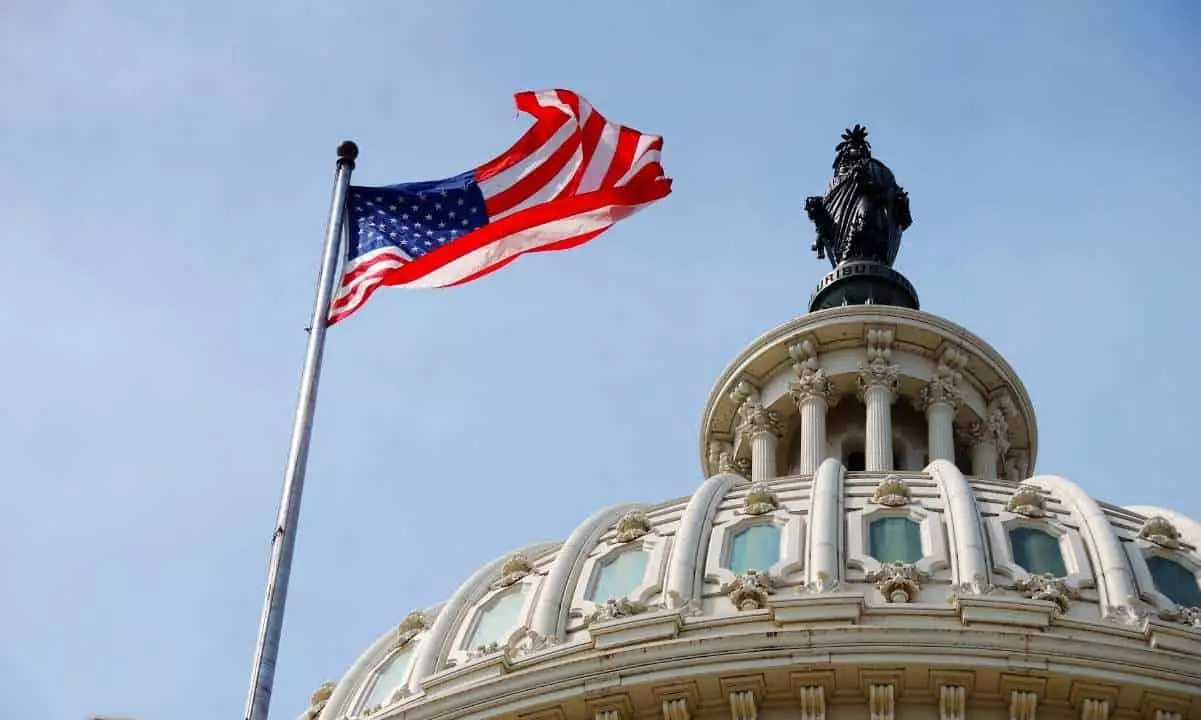In a significant development for the digital assets landscape, the U.S. Senate Banking Committee, under the leadership of Chairman Tim Scott, is poised to establish its inaugural subcommittee dedicated entirely to cryptocurrency. This move marks a pivotal step in the Senate’s evolving approach to the burgeoning cryptocurrency industry, which has been characterized by rapid innovation, regulatory uncertainty, and an increasing demand for clarity and oversight.
Senator Cynthia Lummis, a notable advocate of cryptocurrency, has reportedly been nominated to chair this subcommittee. Her appointment, however, remains contingent on a forthcoming vote among Senate members, emphasizing the political nuances that surround this initiative. Lummis has long been a proponent of fostering a supportive regulatory environment for digital assets and her leadership may catalyze more comprehensive discussions about how cryptocurrencies are integrated into the broader financial ecosystem.
The Senate Banking Committee plays a crucial role in monitoring pivotal financial regulatory bodies such as the Securities and Exchange Commission (SEC) and the Federal Deposit Insurance Corporation (FDIC). The establishment of a dedicated cryptocurrency subcommittee appears to be a strategic move by Scott to align the Senate’s resources towards addressing the complexities posed by the digital currency landscape. This initiative reflects a commitment to ensuring that the regulatory framework is conducive to fostering innovation while simultaneously protecting consumers and investors.
Drawing Inspiration from the House
Chairman Scott’s impetus to create this subcommittee draws inspiration from a similar initiative undertaken in the House of Representatives. Specifically, the House Financial Services Committee, led by former Chair Patrick McHenry, established a crypto-focused subcommittee in 2023, which subsequently contributed to the passage of the significant Financial Innovation and Technology for the 21st Century Act (FIT21). This landmark legislation aims to delineate the regulatory roles of various agencies overseeing cryptocurrencies, thereby providing a clearer jurisdictional framework.
One of the core tenets of FIT21, highlighted by Congressman French Hill—one of the bill’s co-authors—is its robust consumer protection provisions. These include the necessary safeguards against the commingling of customer funds, a measure intended to bolster investor security and prevent future crises akin to the collapse of FTX. Such legislative efforts demonstrate a proactive stance aimed at securing the integrity of the digital assets market while fostering a sense of accountability among industry participants.
The political landscape surrounding this new subcommittee is intriguing, particularly given the recent shift in legislative power dynamics. With Republicans regaining control of the Senate and President-elect Donald Trump set to take office, there is an expectation that the GOP will prioritize the advancement of legislation pertaining to cryptocurrencies. This aligns with Trump’s aspiration to position the United States as a frontrunner in the global digital assets arena, indicating a broader political consensus on the importance of crypto regulation.
As this new subcommittee takes shape, the Republican members involved reflect a range of strong proponents for cryptocurrency, including relatively new senators like Bernie Moreno from Ohio and Dave McCormick from Pennsylvania. The inclusion of seasoned lawmakers such as Thom Tillis and Bill Hagerty underscores a commitment to building a knowledgeable bipartisan group focused on cryptocurrency regulatory issues. Nevertheless, the challenge lies in balancing these interests against the perspectives of Democrat lawmakers, particularly given the prominence of Elizabeth Warren, a vocal critic of the crypto industry, on the Senate Banking Committee.
The establishment of this subcommittee could represent a watershed moment in U.S. cryptocurrency regulation. As discussions move forward, the potential for bipartisan cooperation remains vital for creating a framework that facilitates innovation while safeguarding consumer interests. The alignment of the legislative priorities of both chambers of Congress could enable significant advancements in regulatory clarity, potentially catalyzing further investment and growth within the digital asset industry.
The formation of the cryptocurrency subcommittee under the Senate Banking Committee signals a concerted effort to navigate the complexities of the digital asset landscape. As the subcommittee prepares to convene, its ability to foster constructive dialogue and effective policymaking will be crucial in establishing a regulatory environment that is both innovative and secure. Such a framework could ultimately define the future of cryptocurrency in the United States, shaping its role within the global financial system.

